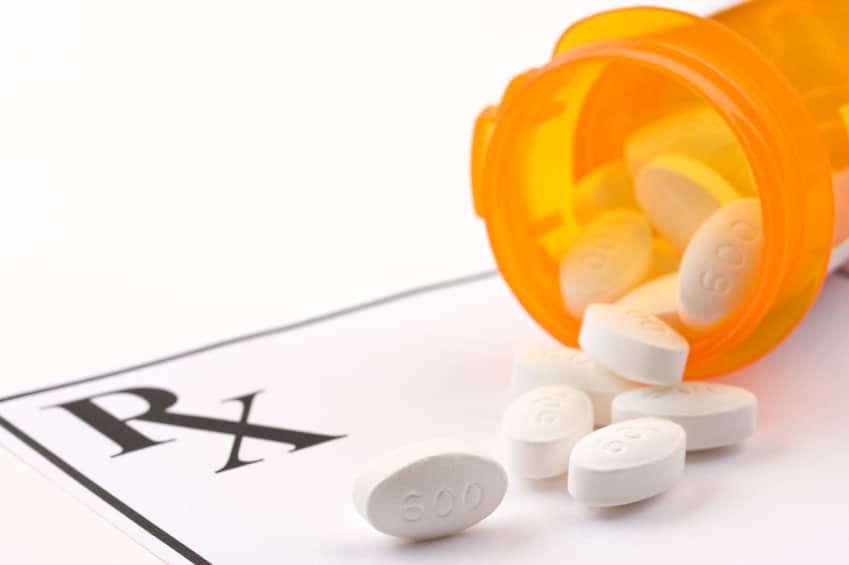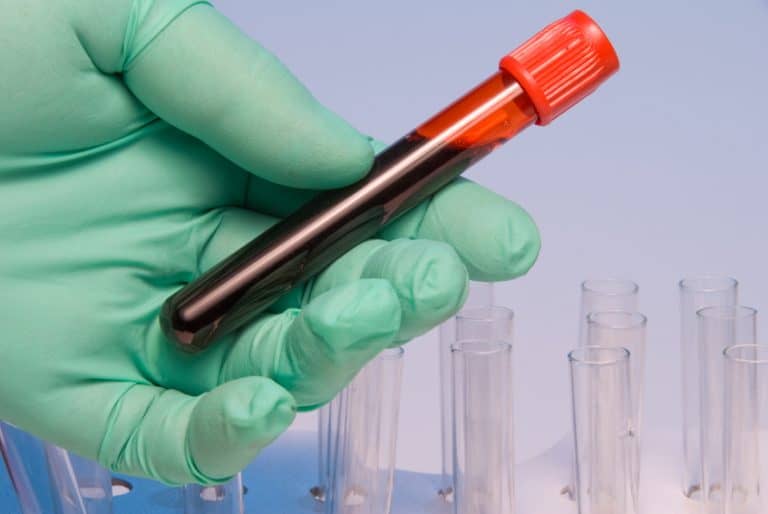Hytrin (HIGH-trin)
Hytrin (terazosin HCL [ter-AY-zo-sin]) is an alpha-adrenergic blocker (also called an alpha blocker) used to treat urinary symptoms related to an enlarged prostate (benign prostatic hyperplasia, or BPH), as well as to treat high blood pressure. It can be used to treat urinary symptoms associated with prostatitis.
Hytrin Warnings
Hytrin and other alpha blockers may significantly lower blood pressure. This drug may cause fainting in the first few days of treatment, especially with the first dose. It may also cause fainting if you stop taking this medication for several days and then start again.
Be cautious when increasing the dose, as the risk of fainting increases.
At the onset of treatment with Hytrin, avoid dangerous situations that could result in injury due to fainting, particularly driving or operating heavy machinery during the first 12 hours after taking Hytrin or when you increase the dose.
Stand up slowly after lying or sitting down to reduce the risk of dizziness or fainting, especially if you just began using this medication, or if your doctor has changed your dose.
In the rare case you experience a painful erection that lasts four or more hours, seek immediate medical attention. If this condition is not treated promptly, it may result in permanent impotence.
Do not take this medication if you are allergic to Hytrin.
Limit alcohol consumption, as drinking alcohol may increase side effects of this medication.
Why is Hytrin Prescribed for Prostatitis?
Hytrin (terazosin) for prostatitis helps relax the prostate muscles and bladder-associated muscles to relieve urinary symptoms, including increasing urine flow, helping with urinary frequency and urgency, and relieving discomfort of painful urination. It may be prescribed for bacterial prostatitis as well as for chronic prostatitis/chronic pelvic pain syndrome (CP/CPPS). Hytrin controls prostatitis symptoms, but it is not a cure for prostatitis.
How Should Hytrin Be Used?
To diminish the chances of fainting or extremely low blood pressure, your doctor may prescribe this medication at a dose of 1 mg at bedtime. Increase dose slowly to 2 mg, 5 mg or 10 mg tablets over the course of treatment.
Some patients may see an improvement in symptoms with a 20 mg dose.
If taking this medication to treat high blood pressure, the recommended dose is 1 mg to 5 mg once per day, usually at bedtime.
This medication may also be administered twice per day.
Take this medication with or without food.
Follow your physician’s dosing instructions.
Other Uses for Hytrin
This medication is used to treat high blood pressure and to increase urine flow in cases of BPH.
Do I Need to Follow Special Precautions?
Prostate cancer and an enlarged prostate may have similar symptoms, and these two conditions may exist simultaneously. It is important to rule out cancer before taking Hytrin.
Inform your physician if you have a history of prostate cancer before taking this medication.
Inform your physician if you are taking or have taken this medication or any other alpha blockers before having cataract surgery. If you have been treated with an alpha blocker, you may be at risk for intraoperative floppy iris syndrome (IFIS) during cataract surgery.
Discuss all prescription and nonprescription medications you are currently taking with your doctor before starting Hytrin, as certain other medications interact with this drug.
It is particularly important to tell your doctor if you are taking any of the following:
- Viagra
- Cialis
- Levitra
- Calan, Covera, Isoptin, or Verelan
- Any other blood pressure medications
Do I Need to Follow a Special Diet When Taking Hytrin?
Follow your physician’s instructions regarding diet, including dietary advice involving a reduction of salt intake.
What If I Forget a Dose?
If a dose is missed, take the medication as soon as you remember. However, if nearing the time when you are supposed to take the next dose, skip the missed dose and resume your regular schedule. If a dose is missed, do not double the dose.
If you stop taking Hytrin for several days, you may need to resume treatment with a lower dose. Discuss this with your doctor.
Are There Side Effects When Taking Hytrin for Prostatitis?
Side effects may include:
- Dizziness
- Lightheadedness
- Low blood pressure
- Fainting
- Vertigo
- Sleepiness
- Weakness
- Headache
- Swelling of the legs
- Burning or numbness of hands or feet
- Blurred vision
- Nasal congestion
- Runny nose
- Impotence
- Reduced libido
- Nausea
- Chest pain
- Back pain
- Weight gain
Inform your physician promptly if any of these symptoms persist or worsen.
Serious side effects that require medical attention include:
- Hives
- Rash
- Itching
- Irregular heartbeat or palpitations
- Priapism (painful erecting lasting for several hours)
- Shortness of breath
Hytrin may cause other side effects. Call your doctor if you experience any unusual problems.
Does Hytrin Have Special Storage Instructions?
This medication should be stored at room temperature away from light and moisture. Keep this medication away from children and pets. Do not store in the bathroom.
Discard this product properly when it is expired. (Do not flush it down the toilet or rinse it down the drain.)
What Do I Do in the Case of an Accidental Overdose?
Symptoms of overdose may include:
- Dizziness
- Lightheadedness
- Fainting
- Blurred vision
In case of a suspected overdose, contact an emergency room or poison control center immediately. For a local control center in the United States, call 1-800-222-1222. Canada residents: call a poison control center within your province.
What Else Should I Know about Hytrin for Prostatitis?
Hytrin does not help shrink the prostate and does not cure prostatitis. Do not share this medication.
Keep all appointments with your doctor and have your blood pressure checked regularly.







